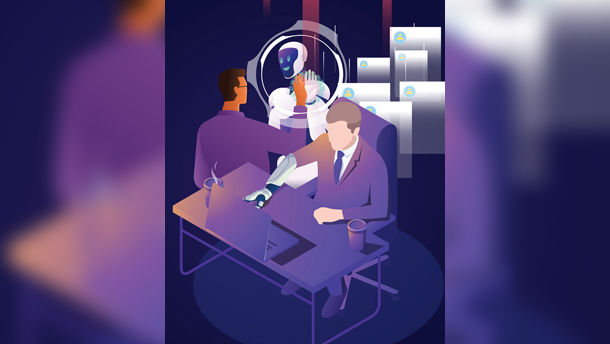
The rapid advancement of artificial intelligence (AI), the HR landscape is undergoing a significant transformation. As AI-powered tools and technologies become more prevalent, HR professionals must adapt and evolve to remain relevant in this new era.
Log In or become an AIMA member to read more articles
